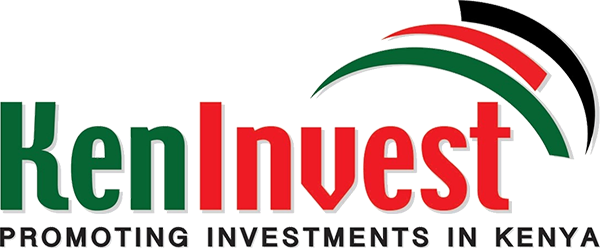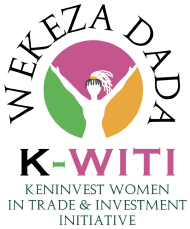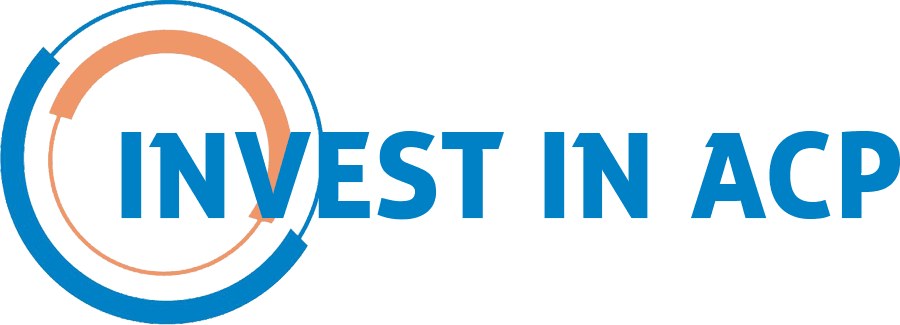The government of New Zealand is set to invest about Sh90 million in dairy farming and cultivation of moringa in Makueni County in a programme that will see farmers go into value addition with a view to increasing returns.
Funding for the project will be channelled through ChildFund Kenya, which is running the Agriculture Dairy Economic Development Project.
The project, started in June 2017, targets a cluster of eight zones, spread across an area of roughly 50 square kilometres.
“Sh89.9 million is being injected into the community over four years to improve and develop the production of moringa (a medicinal plant), and milk and their corresponding markets,” said New Zealand High Commissioner to Kenya Mark Ramsden in Emali last week.
The programme is designed to deliver improved agriculture, diversified livelihoods as well as reliable and beneficial markets for 1,250 farming households by engaging in interventions related to moringa and dairy enterprises.
By the end of the project, food security and incomes in Emali farming communities will be improved.
Under the programme, farmers are being trained and funded to introduce moringa, while households are supported with adaptation techniques and inputs for improved livestock and diversified livelihoods through better nutrition, improved genetics and animal health.
The programme also includes a value-addition component where households are trained and empowered to generate income through innovative agribusiness in milk and moringa processing.
Recent studies in the area revealed the existence of market opportunities for the enterprises. “In Kenya, dairy regulations restricting the sale of unprocessed milk are being increasingly enforced, which means that farmers can no longer sell their raw milk to traders or their communities,” said Maclean Egesa, project manager for the Agriculture Dairy Economic Development Project.
Under the project, five milk collection centres will be established in the two counties of Kajiado and Makueni. At each collection site, milk will be tested, chilled, and taken to a bulk-cooling tank at a separate site, where a Nairobi dairy processor will collect the milk daily.
Farmers are being trained in improved feed and farming practices. The project team has also set up pasture plots to demonstrate how to grow suitable feed for dairy cows.
In addition, a dairy cooperative is being established — named Samuli Dairy Farmers Co-operative Society Limited — to help in supply and training.
Source: Business Daily








